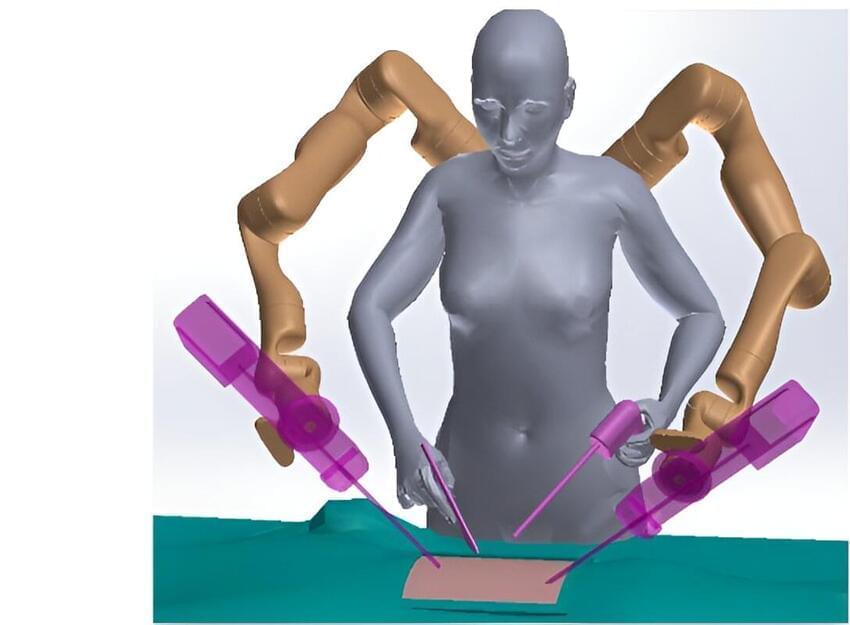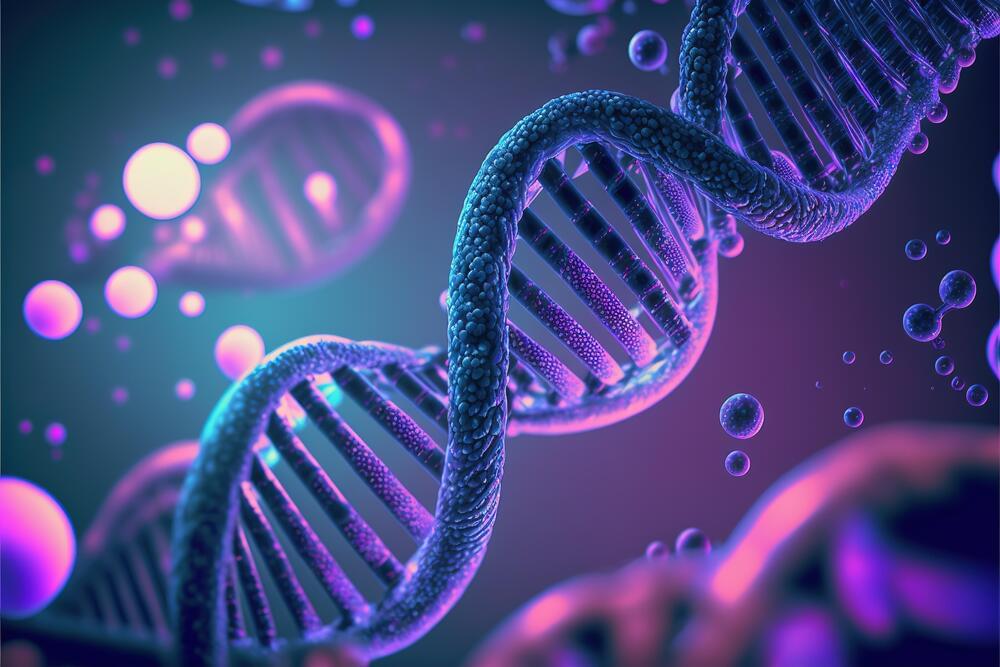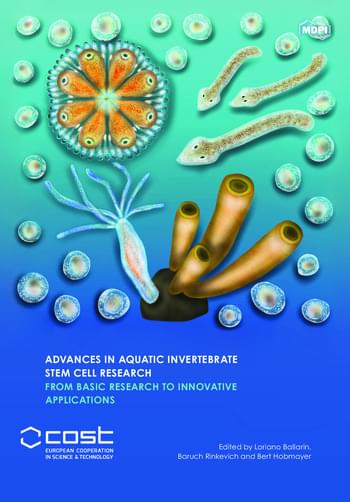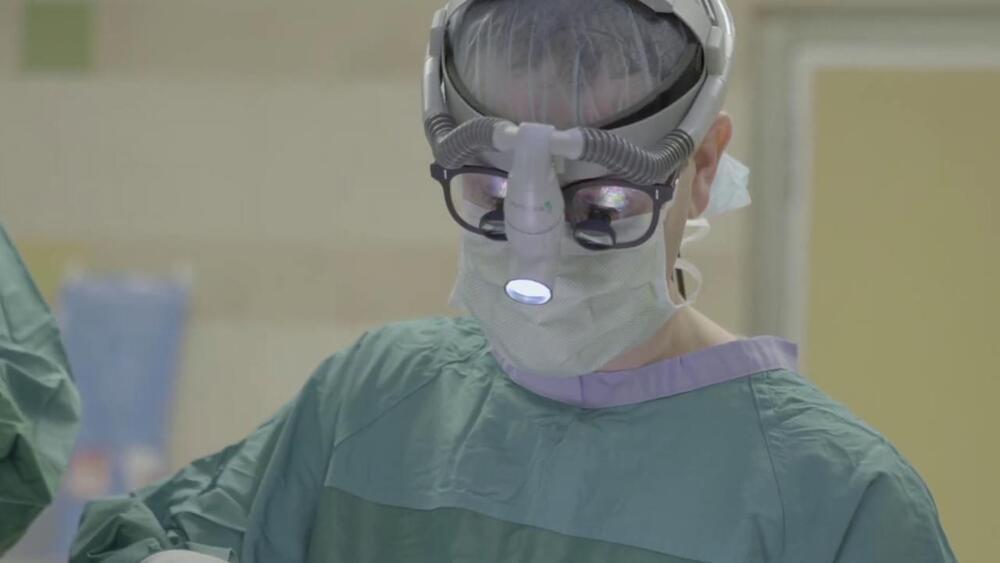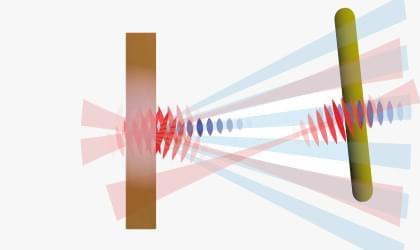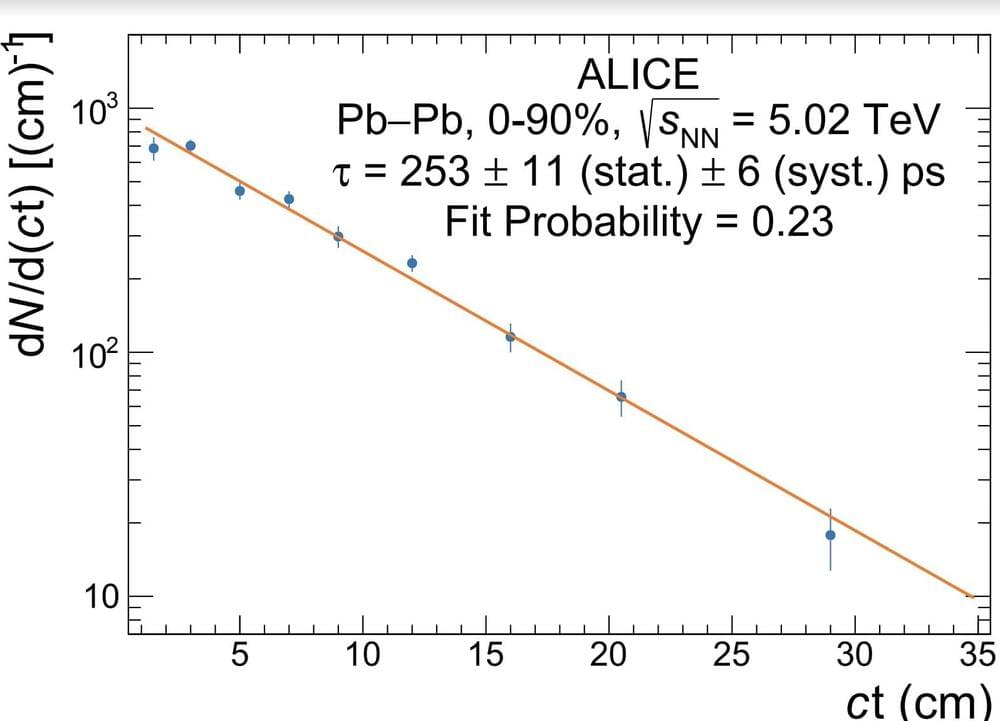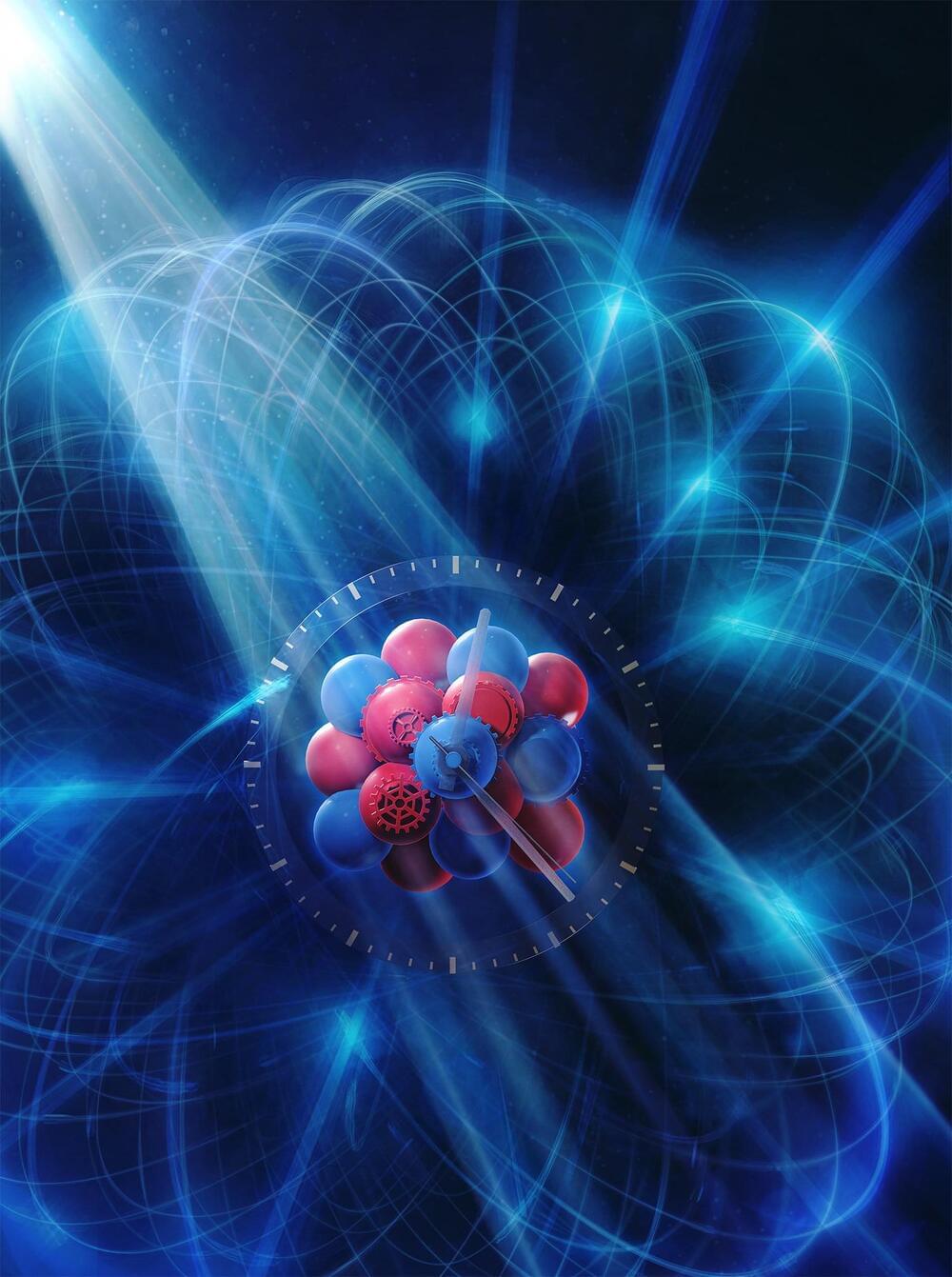Sep 30, 2023
One hour of training is all you need to control a third robotic arm
Posted by Kelvin Dafiaghor in categories: biotech/medical, robotics/AI
A new study by researchers at Queen Mary University of London, Imperial College London and The University of Melbourne has found that people can learn to use supernumerary robotic arms as effectively as working with a partner in just one hour of training.
The study, published in the IEEE Open Journal of Engineering in Medicine and Biology, investigated the potential of supernumerary robotic arms to help people perform tasks that require more than two hands. The idea of human augmentation with additional artificial limbs has long been featured in science fiction, like in Doctor Octopus in The Amazing Spider-Man (1963).
“Many tasks in daily life, such as opening a door while carrying a big package, require more than two hands,” said Dr. Ekaterina Ivanova, lead author of the study from Queen Mary University of London. “Supernumerary robotic arms have been proposed as a way to allow people to do these tasks more easily, but until now, it was not clear how easy they would be to use.”
